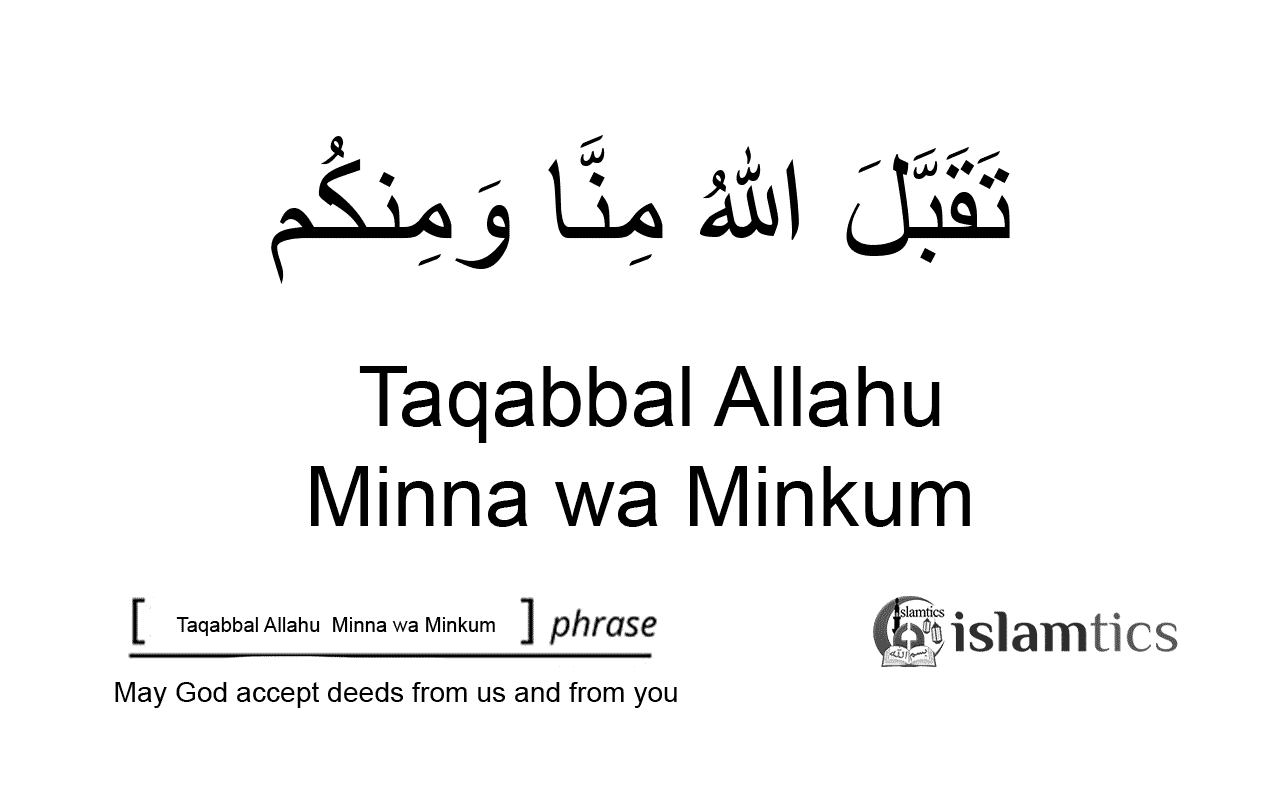AI-Generated Article
This content has been automatically generated using artificial intelligence technology. While we strive for accuracy, please verify important information independently.
Have you ever found yourself saying something with such conviction, perhaps even making a promise to yourself, and then, a little while later, you realize you have not kept your word? It is a common human experience, this moment of self-reflection, when our intentions clash with our actions. For many, particularly those with a connection to Arabic language and Islamic traditions, this feeling might come with an added layer of thought, especially when a phrase like "wallahi" is involved. It is a word that carries significant weight, a term that goes beyond a simple declaration.
This little word, "wallahi," often pops up in conversations, sometimes casually, sometimes with a lot of serious intent. It is, in a way, a linguistic bridge between the everyday and something far more profound. You might hear it spoken by friends, family, or even in media, and it often prompts a moment of quiet consideration about its true impact. So, what exactly does this phrase mean, and why does it spark such a thoughtful pause for those who use it or hear it?
We are going to take a closer look at "wallahi," exploring its origins, its deeply rooted significance, and how it shows up in daily life. This discussion is for anyone curious about the layers of meaning behind words that might seem ordinary but hold a really special place for many people. It is, you know, a chance to get a better sense of how language can carry so much history and faith.
Table of Contents
- What is the Literal Wallahi Arabic Meaning?
- Why is Wallahi Arabic Meaning Used So Often?
- The Weight of a Solemn Vow
- Can You Lie When You Say Wallahi Arabic Meaning?
- Breaking a Promise: What Happens Next?
- How Do Regional Differences Shape Wallahi Arabic Meaning?
- The Casual Use of a Serious Term
- Should You Always Believe Someone Who Says Wallahi?
What is the Literal Wallahi Arabic Meaning?
The phrase "wallahi" is a combination of two Arabic words: "wa" and "Allah." The "wa" acts as a kind of oath particle, something that turns the word it attaches to into a sworn declaration. "Allah," as many know, is the Arabic word for God. So, when you put them together, "wallahi" literally translates to "by Allah" or "I swear by Allah." It is, in essence, a way of calling upon the Divine as a witness to the truth of what you are saying or promising. This means that, in a very real sense, the speaker is bringing the highest authority into their statement, lending it a really strong sense of credibility and seriousness. It is not just a casual remark; it is a profound affirmation, basically.
When someone says "wallahi," they are, in a way, putting their faith and their very belief on the line. It is a moment where they are invoking the Creator to stand as a testament to their words. This is why, for people who understand its full weight, hearing or saying "wallahi" can really make you pause. It is not just a word; it is a commitment, a pledge that carries with it a deep sense of accountability. The true "wallahi arabic meaning" really comes from this connection to the divine, a link that makes the statement far more than just human speech. It is, you know, a very powerful expression.
Why is Wallahi Arabic Meaning Used So Often?
It is quite interesting how frequently words like "wallahi" and "inshallah" (meaning "if Allah wills") show up in everyday conversations, especially in communities where Arabic is spoken or where Islamic culture is a part of life. You might wonder why these specific phrases are so common. The reason, in some respects, is fairly straightforward: they have woven themselves into the fabric of daily communication. These are not just religious terms; they have become cultural touchstones, used by people from all walks of life, sometimes even without a full awareness of their deep religious roots. It is almost like they are linguistic shortcuts that convey a certain sincerity or hope.
Think about it: when someone says "wallahi," they are often trying to emphasize their truthfulness or the strength of their conviction. It is a way of adding weight to their words, making them seem more believable. Similarly, "inshallah" expresses a reliance on a higher power for future events, a humble acknowledgment that not everything is within human control. These phrases, then, serve a dual purpose: they are expressions of faith for those who intend them as such, and they are also common cultural idioms that people use to communicate certainty, hope, or even just as a conversational filler. So, their widespread use really highlights how language can carry both sacred and everyday meanings, all at once.
The Weight of a Solemn Vow
When someone utters "wallahi," they are not just speaking words; they are, in a way, making a very serious promise. This promise, in the context of Islamic belief, is an oath made directly to God. Such an oath is considered incredibly serious, something that should not be taken lightly at all. It is seen as a direct appeal to the Divine, asking God to witness the truth of a statement or the firmness of an intention. Because of this, breaking such an oath is viewed with a lot of gravity. It is not just breaking a promise to another person; it is, basically, breaking a promise made in the presence of the Creator. This is why the "wallahi arabic meaning" carries such immense spiritual weight.
The implications of making and potentially breaking such a vow are really profound for a believer. It speaks to the importance of integrity, honesty, and accountability in one's words and actions. A true believer would approach such an oath with a deep sense of reverence, understanding that their word, when backed by "wallahi," becomes a sacred bond. This understanding shapes how many people interact with the phrase, making them think twice before they say it, knowing the serious commitment it represents. It is, in a way, a constant reminder of the importance of sincerity in all dealings.
Can You Lie When You Say Wallahi Arabic Meaning?
The answer to whether it is permissible to lie when saying "wallahi" is, actually, quite clear: no, it is not permissible at all. From an Islamic perspective, deliberately uttering "wallahi" while knowing that what you are saying is false is considered a very grave offense. It is seen as a major sin, a profound disrespect to God, and a betrayal of trust. The act of swearing by Allah is meant to affirm truth, not to conceal falsehoods. To use the name of the Divine to deceive is to misuse something sacred for a really dishonest purpose. This understanding is pretty fundamental to the "wallahi arabic meaning" within its religious context.
The gravity of a false oath is emphasized quite a bit in Islamic teachings. It is not just about the lie itself, but about the invocation of God's name in support of that lie. This makes the act far more serious than a regular untruth. It damages one's spiritual standing and can have significant consequences in the hereafter. Therefore, believers are taught to be extremely careful and truthful when they use such a powerful phrase, always ensuring that their words align with reality. This strict prohibition underscores the deep reverence and respect that is expected when God's name is involved in any declaration.
Breaking a Promise: What Happens Next?
Breaking an oath, especially one made with "wallahi," is considered a very serious matter in Islam. It is not just a minor slip-up; it is seen as a significant transgression. When someone breaks such a promise, there are specific steps typically advised for seeking forgiveness and making amends. The first and most important step is sincere repentance. This means feeling genuine remorse for the broken promise and truly regretting the action. It is about turning back to God with a humble heart and asking for mercy. This act of sincere repentance is seen as a really crucial part of seeking atonement for any wrongdoing, especially for something as weighty as a broken oath. The "wallahi arabic meaning" truly highlights the spiritual accountability involved.
Beyond sincere regret, there are often specific acts of atonement, known as "kaffarah," that might be required for breaking certain types of oaths. These acts can vary but often involve things like feeding a certain number of needy people, clothing them, or fasting for a set number of days. The idea behind these actions is to provide a way for the individual to make amends and seek purification for their broken word. It is a practical way to demonstrate the sincerity of their repentance. Saying the Shahada, which is the declaration of faith, is always a good thing to do, too, as it reinforces one's belief and commitment to the core tenets of Islam. This whole process underscores the seriousness with which such oaths are viewed and the path to spiritual recovery.
How Do Regional Differences Shape Wallahi Arabic Meaning?
It is pretty fascinating how words travel and change, sort of like how "wallahi" might sound a little different depending on where you are. For instance, someone might wonder, "Did we 'Somalify' it?" meaning, did the Somali people adopt and perhaps adapt the word in their own way? This thought comes from noticing that while some might say "wallahi," others, perhaps in different regions or communities, might simply say "wallah." This variation is actually quite common in languages, where regional accents, dialects, and cultural practices can shape how a word is pronounced and even how it is used. So, the "wallahi arabic meaning" can have these slight, yet noticeable, differences in expression.
This kind of linguistic evolution is a natural thing. When a word moves from one language or culture to another, it often picks up new nuances, or its pronunciation gets smoothed out to fit the new linguistic environment. The difference between "wallahi" and "wallah" is a good example of this. Both carry the same core meaning of swearing by God, but the slight phonetic change shows how language is a living, breathing thing, always shifting and adapting. It is a pretty clear sign of how cultures interact and influence each other, even down to the smallest sounds of a word. So, it is not so much about one way being more correct than the other, but rather about how language reflects the diverse paths people take.
The Casual Use of a Serious Term
Sometimes, you might notice that phrases like "wallahi" are used very, very frequently in conversation, even when the situation does not seem to warrant such a strong declaration. For instance, someone might say "wallahi" once or twice in nearly every sentence, almost like a verbal tic or a filler word. This kind of casual overuse can, in a way, dilute the original, serious meaning of the phrase. When a word that is meant to signify a solemn oath becomes just another part of everyday chatter, its impact can lessen over time. It is a bit like how some powerful words in English might lose their punch if they are used too often in non-serious contexts. The deep "wallahi arabic meaning" gets a little lost in the shuffle.
This phenomenon is not unique to any one group; you might observe it in various communities where such phrases are common. Even family members might adopt this habit, sprinkling "wallahi" into their speech without much thought to its original weight. This shows how cultural habits can sometimes overshadow the religious or spiritual intent behind certain expressions. It becomes more about a pattern of speech than a deliberate invocation. While it might be a harmless habit for some, it does raise questions about maintaining the reverence and respect for words that carry such significant spiritual connotations. It is, you know, something to think about, how language can shift its meaning in everyday use.
Should You Always Believe Someone Who Says Wallahi?
There is a common belief that if someone says "wallahi" about something, you are pretty much obligated to believe them. This idea comes from the understanding that swearing by God is a very serious act, and a true believer would not do so falsely. So, the thinking goes, if they are invoking God's name, they must be telling the truth. This expectation creates a social dynamic where a person's word, when backed by "wallahi," is supposed to be taken as fact. It places a significant burden of trust on the listener, basically, and also on the speaker to uphold that trust. It is, in a way, a test of faith and honesty for both parties.
However, the reality can be a bit more complicated. While the religious teaching strongly condemns lying under oath, human nature is, you know, imperfect. Not everyone who says "wallahi" truly understands or respects its full religious weight, or they might be in a situation where they feel pressured. So, while the ideal is to believe someone who swears by God, practical wisdom often suggests a degree of discernment. It is a balance between respecting the sacredness of the oath and being aware that not everyone adheres to its strict principles. This situation highlights the tension between religious ideals and the complexities of human behavior, especially when it comes to the "wallahi arabic meaning" in daily interactions.
🖼️ Related Images



Quick AI Summary
This AI-generated article covers Wallahi Arabic Meaning - Unpacking A Powerful Phrase with comprehensive insights and detailed analysis. The content is designed to provide valuable information while maintaining readability and engagement.
Dr. Lorenz Zemlak
✍️ Article Author
👨💻 Dr. Lorenz Zemlak is a passionate writer and content creator who specializes in creating engaging and informative articles. With expertise in various topics, they bring valuable insights and practical knowledge to every piece of content.
📬 Follow Dr. Lorenz Zemlak
Stay updated with the latest articles and insights